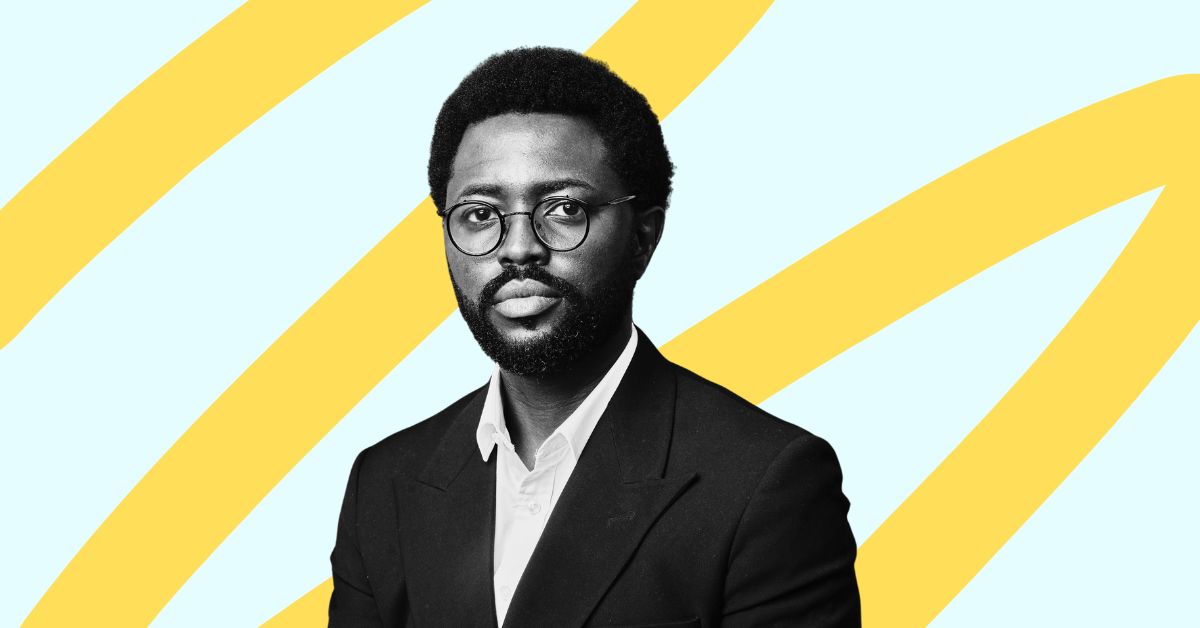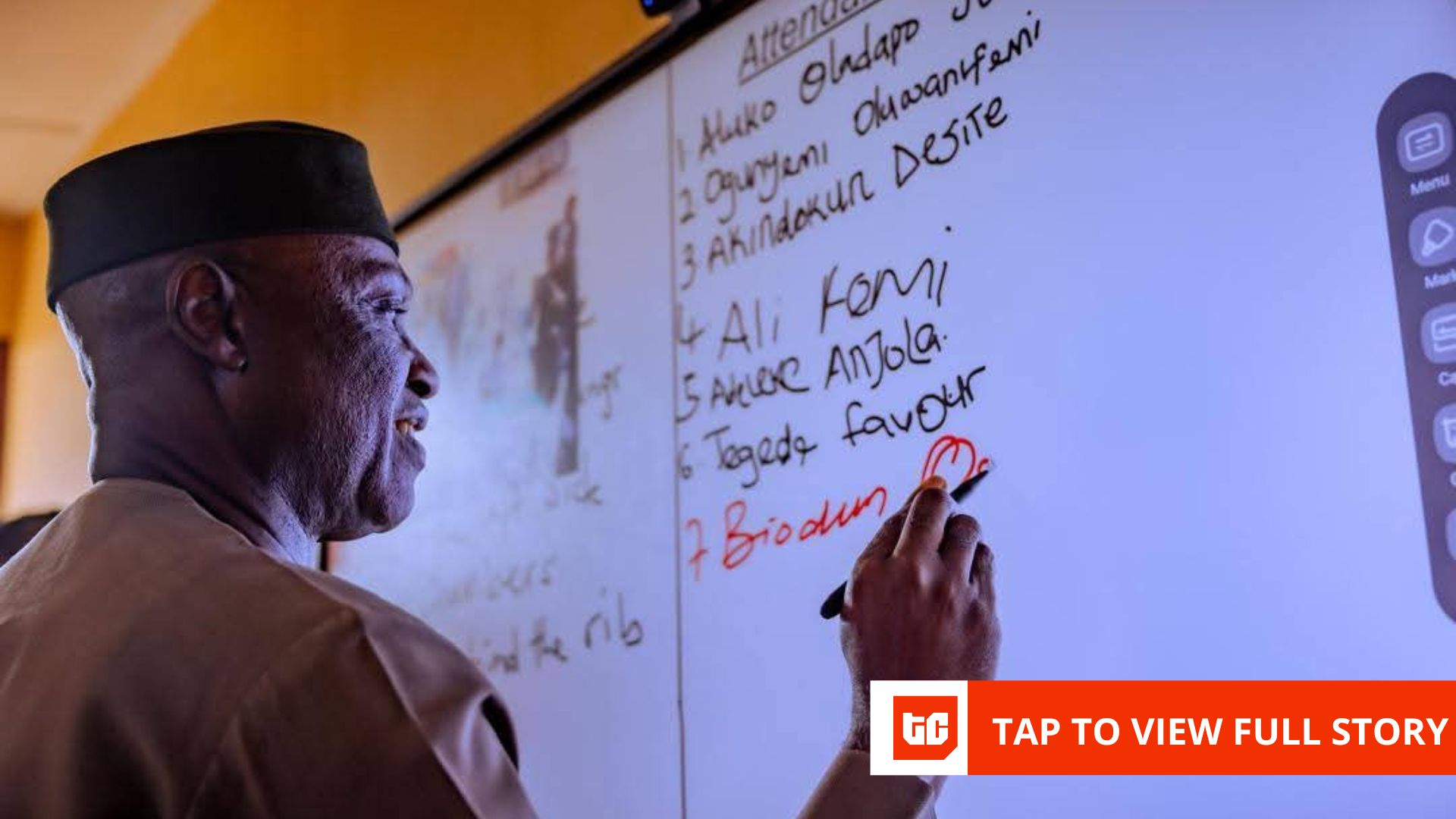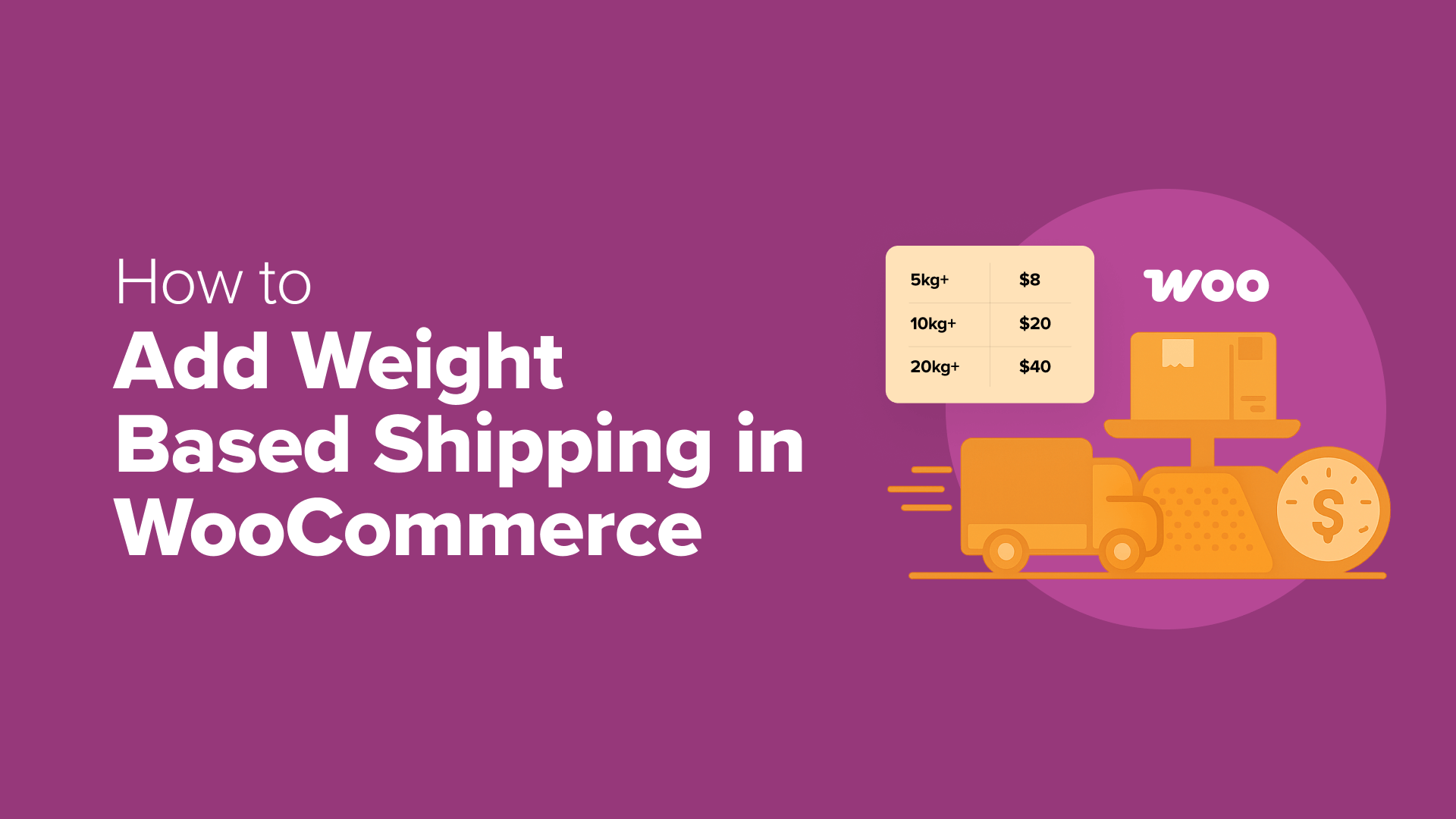I first met Samuel Efosa-Austin, the chief technology officer of a Lagos-based health insurance startup, at a class for venture capital enthusiasts. As we learnt about venture capital fundamentals, he wasted no time in telling the class about his one-year plan to raise a ₦100 billion fund to back companies trying to solve Africa’s data infrastructure gap.
His approach to raising a fund in local currency and his focus on data projects piqued my interest. For many years, the topic of raising capital in local currency has been discussed in Africa’s venture capital industry, but very few have embarked on it.
Those in favour of raising capital locally, like Efosa-Austin, often rely on the logic that raising capital from local backers reduces the pressure of FX mismatch (when startups that raise in dollars struggle to provide exits due to exchange rate fluctuations) and keeps the rewards for African innovation within the continent.
“This fund is our proof of concept. If we show that you can raise in naira, build a resilient data infrastructure, and generate both social and financial returns, we unlock a whole new asset class for African capital,” Efosa-Austin said.
But it will not be easy. When you ask investors to give you long-term capital in local currency, you are asking them to be exposed to unpredictable devaluation. The venture capital industry is famously high-risk and high-reward, and asking investors to fund a risky asset class that can see returns eroded by 50–70% in dollar terms over the fund’s life is a tough ask.
There’s also a shallow limited partner (LP) base of investors willing to take venture capital risk, especially as pension funds and insurance funds rarely invest in local private capital. Some startups also prefer to raise in dollars because they have essential dollar-based costs like cloud bills, but Efosa-Austin told me that his fund will only invest in companies that have costs in naira and is relying on a growing wave of global companies accepting local currencies for services.
“What I hope this fund demonstrates is simple, but powerful. Africa can fund its future in its currency; that verified data is infrastructure, not overhead; and that impact and returns are not opposites. They’re a flywheel,” Efosa-Austin said.
For this week’s column, I spoke with Efosa-Austin to understand how far he has gone with fundraising, why he decided to embark on this journey, what success looks like for him, the importance of local capital, his investment track record, and ideal investments.
This interview has been edited for length and clarity.
What inspired you to raise a naira-denominated fund focused specifically on data infrastructure?
The inspiration for this fund came from years of navigating the digital and economic terrain in Africa and realising one fundamental truth: Africa cannot build a sovereign digital economy without owning its data infrastructure.
We’ve seen firsthand how innovation, talent, and even funding exist in pockets across sectors—health, agriculture, fintech, and governance—but they consistently hit a wall. That wall is the lack of verified, local, and trusted data infrastructure.
The push for a naira-denominated fund was not a financial tactic; it was a strategic necessity. Too many of our innovations are built on infrastructure we don’t own and are funded by capital that doesn’t understand our context. This fund is a deliberate pivot to local capital, local control, and local value capture. The target multiple on the fund is 4X as businesses that will be funded will be vetted by the management team and board of advisors of the fund as due diligence is key to ensure safety of funds and potential of returns.
Was there a particular event that convinced you that local capital was the key to unlocking this space?
There wasn’t one “event”—there were systemic breakdowns. The talent gap: Brilliant young Nigerians trained in AI and data science, with nowhere to deploy locally.
The carbon gap: Africa holds carbon sink value but lacks the verification infrastructure to monetise it. The mindset gap: Our economies continue to wait for foreign validation before investing in their innovation.
In short, we realised we cannot outsource the infrastructure of the future. We must fund it ourselves with our currency, with our conviction.
How far along are you in raising the fund?
We are currently in active discussions with several potential LPs like family offices with a legacy interest in nation-building and innovation, corporate institutions exploring ESG-aligned investments, and development finance institutions (DFIs) with a mandate to scale climate and civic infrastructure, and we are preparing to engage state-backed pension fund managers who are under pressure to diversify portfolios in impactful local assets.
These conversations are progressing intentionally. This isn’t a numbers game. It’s about curating the right LP base that understands Africa’s infrastructure timelines, respects local dynamics, and shares our belief in data as a long-term utility.
What has been the biggest challenge in convincing local capital providers to back data infrastructure projects?
Perception and legacy thinking. Most local capital providers still see data as a “tech product” or “software idea”, not a backbone infrastructure like roads or energy. They don’t yet grasp that verified data systems—data centres, edge networks, civic platforms—are utilities, not luxuries.
There’s also a high-risk perception, rooted in decades of failed IT projects or imported platforms with little local ownership. Part of our work has been education and reframing. We are showing the commercial potential of verified data, the economic impact of localised platforms, and the durability of civic technology infrastructure.
What has your personal investment or operating track record been in this space?
I didn’t wake up one day and decide to raise a fund. This is the result of over a decade of building, failing, learning, and rebuilding in Africa’s digital economy. I’ve been on the ground, building platforms like The ECO Platform, which isn’t just another civic tech tool. It’s an AI-powered, verified data engine designed to map and solve real community problems, from climate tracking to public accountability. We’ve worked with groups like ElectHER to deliver data infrastructure for women in politics and the Royal Weré Foundation on verified civic data for youth initiatives.
I’ve also led training programs across West Africa through the Africa Technology Leadership Academy, Blossom Academy, and INCO Academy, where we’re skilling up the next generation of data scientists, civic tech innovators, and ESG operators.
I’ve seen the infrastructure friction firsthand, not in boardrooms, but in communities where citizen data has no value, where public dashboards don’t exist, and where innovation hits a wall because there’s no local trust layer.
That’s why this fund is different. It’s not structured like a typical early-stage VC fund chasing returns in shiny startups. And it’s not your traditional infrastructure fund that only looks at roads and energy.
We’re bridging the two worlds by applying startup urgency to civic infrastructure while honouring the longer timelines needed to build systems that last. This fund is built by practitioners who’ve felt the gaps, not just read the reports. That’s what gives us an edge.
Are you raising a single fund or using a blended capital structure?
We are pursuing a blended capital model. Concessional capital from DFIs and impact-first LPs will unlock riskier layers—community data collection, early-stage verification pilots, and climate-related infrastructure.
Commercial capital will target scalable components—subscription platforms, ESG scoring engines, government data contracts, and civic dashboards. This blend allows us to de-risk innovation, support community infrastructure, and still deliver risk-adjusted returns that meet commercial LP expectations.
What does success look like for you?
Success is layered. On the numbers, we aim to back 25–30 high-impact data infrastructure projects across Nigeria and West Africa in this first cycle, from green data centres to localised edge systems and data-enabled civic platforms.
But beyond internal rate of returns (IRRs) or capacity metrics, success is building trust in Africa’s digital economy. If we can institutionalise verified data as infrastructure, enable communities to own their data footprints, and create a new asset class for local investors, then we’ve won. IRR matters—but trust, usability, and local value retention matter more.
Five years from now, what kind of legacy do you hope this fund leaves in Nigeria’s digital economy?
Five years from now, I want this fund to be seen as the spark that shifted Africa from a consumer in the global data race to a verified contributor. I want to see communities connected to clean, renewable-powered infrastructure; local governments using real-time dashboards powered by their citizens; and investors seeing local data not as risk but as reward.
Our legacy should be clear. We didn’t just invest in data, we built the rails for Africa’s new economy.
Why is raising in naira important for this thesis, especially in a macro environment where many funds are still dollar-based?
Raising in naira isn’t just about avoiding currency mismatch or FX volatility, it’s about reclaiming agency over how Africa funds its future.
Most funds in Africa are still dollar-denominated because that’s been the default playbook. But that playbook wasn’t written for our reality. The volatility of the naira isn’t the risk; dependency is. Until we start trusting our economies enough to invest in them in our currency, we’ll keep building infrastructure for others to profit from.
When we raise in naira, we keep value circulating within the local economy. Our LPs don’t have to worry about offshore constraints, and our portfolio companies can focus on growth, not forex exposure.
We align incentives. Local governments, communities, and innovators become true stakeholders, not just beneficiaries of foreign cycles. Raising local currency is our way of saying Africa doesn’t need validation to invest in its infrastructure. We’ve got the vision, the talent, and now we’re building the financial backbone too.
So, yes, dollar funds might still dominate headlines. But we’re betting that the belief that verified data, built and backed locally, is Africa’s next great export. If we can prove that model with naira, we’ve just rewritten the rules for everyone.
What does an ideal data infrastructure investment look like for you?
For us, an ideal data infrastructure investment does three things: solves a local problem, builds trust through verification, and has a clear model for value retention in Africa.
We’re looking at a layered approach to infrastructure because the reality is the continent doesn’t just need big shiny data centres. It needs contextual, distributed systems that make data usable, ownable, and monetisable locally.
We’re investing in green, renewable-powered data centres, especially in underserved regions. We are also investing in edge computing systems that can enable local governments or schools to process data independently of unreliable broadband and civic and environmental, social, and governance (ESG) platforms that use verified data to unlock government transparency, carbon credit markets, or inclusive finance. We’re also looking at AI-driven verification systems that make African data count globally.
Are these deals structured as equity, project finance, or some hybrid model?
In terms of structure, we’re flexible. The model depends on the stage and the stack. Some deals will be equity, especially with platform plays. Others will be project finance for infrastructure builds tied to government or institutional anchors. And in many cases, we’ll use hybrid models, where milestone-triggered capital is deployed based on verified usage or impact data.
We’re also open to co-location strategies—partnering with telcos, campuses, or public infrastructure players to reduce cost and scale faster.
But the bottom line is we’re not just looking for what’s investable. We’re looking for what’s inevitable in Africa’s data future—and making sure it’s built with local ownership at the core.
From an impact perspective, what metrics are you tracking—jobs created, bandwidth access, energy usage, geographic reach?
Impact isn’t a checkbox for us; it’s the reason this fund exists. We’re not just measuring feel-good metrics. We’re building a new impact layer based on verified data, local value retention, and systemic access.
Here’s what we’re tracking:
- Jobs created, especially in green tech, AI, and community data verification roles
- Bandwidth access and infrastructure reach, particularly in areas that have been excluded from digital transformation narratives
- Renewable energy usage and carbon offsets in our data infrastructure projects
- The number of civic or public institutions that move from analogue to data-driven decision-making
- And critically: local ownership of data assets—because the future must be co-built, not extracted
How do you balance patient capital goals with the financial returns expected by your investors?
About balancing patient capital with returns, this is where our structure matters. We’ve designed the fund with a dual lens. On one side, we’ve got catalytic capital from DFIs and impact-first LPs who understand long-term ecosystem building. On the other hand, we’ve got commercial tranches backing scalable platforms, subscription models, and government contracts.
The catalytic capital helps us de-risk the early stages, especially where verification systems or community infrastructure are involved. Once traction is proven and systems are trusted, commercial capital can scale what works.
So we’re not sacrificing returns for impact or vice versa. We’re building a system where both can grow together. Because in Africa, verified impact is not a cost; it’s a competitive advantage.
Do you think local capital is underutilised in African infrastructure investing? What’s holding back more local institutional money from entering this space?
Local capital is massively underutilised in African infrastructure, and it’s not because the money isn’t there. It’s because the mindset hasn’t caught up with the opportunity. Local institutional investors still think of infrastructure as roads, bridges, and real estate. They don’t yet see data infrastructure, especially verified, digital-first systems, as foundational. They see it as experimental, high-risk, or someone else’s responsibility.
But here’s the truth. If we keep waiting for foreign capital to build our future, we’ll always be renters, never owners. We’ve got pension funds, insurance pools, and family offices sitting on billions in local currency, yet they’re parked in short-term plays while Africa’s digital infrastructure gap grows wider.
A risk perception that hasn’t evolved, a lack of proof-of-concept models locally, and a reluctance to fund innovation that wasn’t born in the Global North are what’s holding them back.
But that’s exactly why this naira fund matters. If we succeed, and we will, it becomes more than just a financial instrument. It becomes a blueprint. A provable model.











